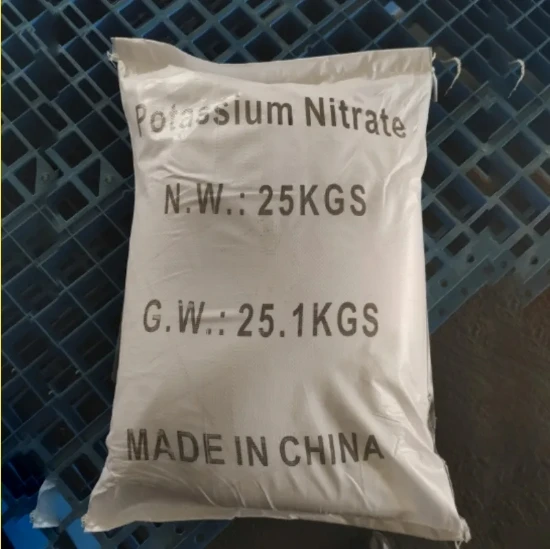
Understanding the Benefits of Zinc Sulphate Fertilizer for Optimal Plant Growth
The Importance of Zinc Sulfate Fertilizer in Agriculture
Zinc sulfate fertilizer plays a crucial role in modern agriculture, addressing a common micronutrient deficiency that affects plant health and crop yields. Zinc (Zn) is one of the essential trace elements needed for various physiological functions in plants, including enzyme activity, photosynthesis, and protein synthesis. This article explores the significance of zinc sulfate fertilizer, its benefits, application methods, and its impact on agricultural productivity.
Understanding Zinc Deficiency
Zinc deficiency is prevalent in many soils worldwide, particularly in regions with high phosphorus content or alkaline pH levels. Crops such as wheat, rice, corn, and soybeans are particularly susceptible to zinc deficiency. Symptoms include stunted growth, chlorosis (yellowing of leaves), and poor fruit development. When plants lack sufficient zinc, their overall growth is compromised, leading to reduced yields and lower quality produce. Ensuring an adequate supply of zinc is vital for maximizing crop output and maintaining soil health.
Benefits of Zinc Sulfate Fertilizer
1. Enhances Crop Yield The application of zinc sulfate fertilizer has been shown to significantly increase crop yields in zinc-deficient soils. Adequate zinc levels promote healthy plant growth, leading to robust root systems, increased fruit set, and improved seed quality.
2. Improves Nutritional Quality Zinc is an essential micronutrient for human health, playing a critical role in immune function, wound healing, and DNA synthesis. Crops enriched with zinc sulfate have higher nutritional value, addressing both agricultural productivity and public health concerns related to micronutrient deficiencies in diets.
3. Supports Soil Microbial Activity Zinc sulfate contributes to the overall health of the soil microbiome. Healthy soil ecosystems promote nutrient availability and enhance plant resilience against diseases and pests, creating a sustainable agricultural environment.
4. Cost-Effective Solution Compared to other micronutrient fertilizers, zinc sulfate is relatively inexpensive and widely available. Its cost-effectiveness makes it an attractive option for farmers looking to enhance their crop yields without significant investment.
Application Methods
zinc sulphate fertilizer

Zinc sulfate can be applied in several ways, depending on the type of crop, soil conditions, and specific agricultural practices. Common methods include
1. Soil Application Zinc sulfate can be mixed into the soil before planting or applied as a top dressing during the growing season. This method allows for direct uptake by root systems.
2. Foliar Spraying For immediate response and faster absorption, zinc sulfate can be diluted in water and sprayed onto the leaves of plants. This method is particularly effective when there are signs of deficiency during the growing season.
3. Seed Treatment Treating seeds with zinc sulfate before planting can enhance early plant development and establish a strong foundation for growth.
4. Incorporation with Other Fertilizers Zinc sulfate can be applied alongside other fertilizers, such as nitrogen or phosphorous, providing a balanced approach to nutrient management. This integration can aid in promoting overall plant health and soil fertility.
Sustainable Practices and Future Directions
As global food demand continues to rise, sustainable agricultural practices are increasingly important. The addition of zinc sulfate fertilizer aligns with these practices by promoting healthier crops without excessive reliance on chemical inputs. Advances in research are focused on optimizing application rates and improving the formulations of zinc fertilizers, such as developing slow-release options that can provide a continuous supply of zinc to plants over time.
Moreover, integrating zinc supplementation into crop rotations and cover cropping systems can enhance soil quality and nutrient availability, fostering an ecosystem that supports long-term agricultural sustainability.
Conclusion
Zinc sulfate fertilizer is an essential tool in modern agriculture, combating zinc deficiency and enhancing crop health and yield. Its benefits extend beyond immediate agricultural productivity, contributing to human nutrition and soil health. As farmers continue to seek sustainable solutions to meet the challenges of food production, zinc sulfate offers a practical and effective means to ensure nutritious and abundant harvests. By recognizing the importance of micronutrients like zinc and implementing appropriate fertilization strategies, the agricultural community can pave the way toward a more resilient and sustainable future.
-
Pure Sodium Dichloroisocyanurate Dihydrate | Powerful DisinfectantNewsAug.29,2025
-
Industrial Chemicals: Quality & Purity for Every IndustryNewsAug.28,2025
-
Nitrile Rubber Honoring Strict Production StandardsNewsAug.22,2025
-
Aspartame Ingredients Honoring Food Safety ValuesNewsAug.22,2025
-
Fertilizer for Balanced Plant NutritionNewsAug.22,2025
-
Cyanide Gold Processing with High Purity AdditivesNewsAug.22,2025
-
Formic Acid in Textile Dyeing ApplicationsNewsAug.22,2025
Hebei Tenger Chemical Technology Co., Ltd. focuses on the chemical industry and is committed to the export service of chemical raw materials.
-

view more DiethanolisopropanolamineIn the ever-growing field of chemical solutions, diethanolisopropanolamine (DEIPA) stands out as a versatile and important compound. Due to its unique chemical structure and properties, DEIPA is of interest to various industries including construction, personal care, and agriculture. -

view more TriisopropanolamineTriisopropanolamine (TIPA) alkanol amine substance, is a kind of alcohol amine compound with amino and alcohol hydroxyl, and because of its molecules contains both amino and hydroxyl. -

view more Tetramethyl Thiuram DisulfideTetramethyl thiuram disulfide, also known as TMTD, is a white to light-yellow powder with a distinct sulfur-like odor. It is soluble in organic solvents such as benzene, acetone, and ethyl acetate, making it highly versatile for use in different formulations. TMTD is known for its excellent vulcanization acceleration properties, which makes it a key ingredient in the production of rubber products. Additionally, it acts as an effective fungicide and bactericide, making it valuable in agricultural applications. Its high purity and stability ensure consistent performance, making it a preferred choice for manufacturers across various industries.





